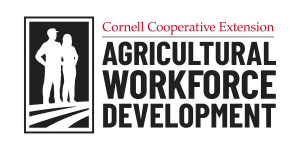Like many of our ancestors, employees new to the United States are experiencing the challenges of learning new skills needed to become productive workers, while also adapting to a new culture. This is not a new phenomenon, but one we as an industry are quickly learning more about. Understanding the vastly different life experiences of residents is critical when it comes to effectively managing farm-provided employee housing.
First, the “hard work” for managers is to…
- Foster an environment of mutual cultural understanding via multilingual communication
- Provide training and materials to help employees adapt to local norms
- Take differing living styles into consideration when designing housing
- Explain the benefit of housing to employees
- Engage employees regularly to establish needs and monitor housing conditions
The “nice things” that will result from a positive farm-provided employee housing culture will be:
- More effective communication
- Increased understanding of the expectations for living in housing
- Less maintenance and repair
- Better appreciation of total compensation package
- Increased retention of skilled workers
Some tools to help you with the “hard work” are on the Cornell Agricultural Workforce Development website.
- Farm Provided Employee Housing Guide
- Orientation Guide for Occupants of Farm Housing (Spanish and English)
The “hard work” may not be as hard as you think, and the resulting “nice things” may have greater impact on the overall work environment than you imagined.
______________________________________________________________________
By Jay Canzonier, Cornell University. Permission granted to repost, quote, and reprint with author attribution.
The post Culture Change: We Can’t Have Nice Things Without Hard Work appeared in The Ag Workforce Journal.

